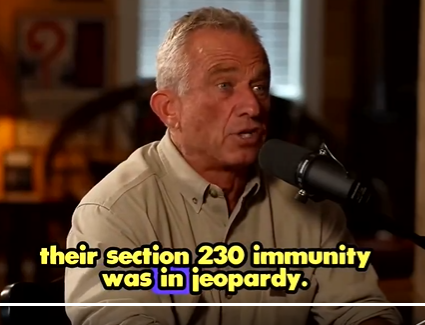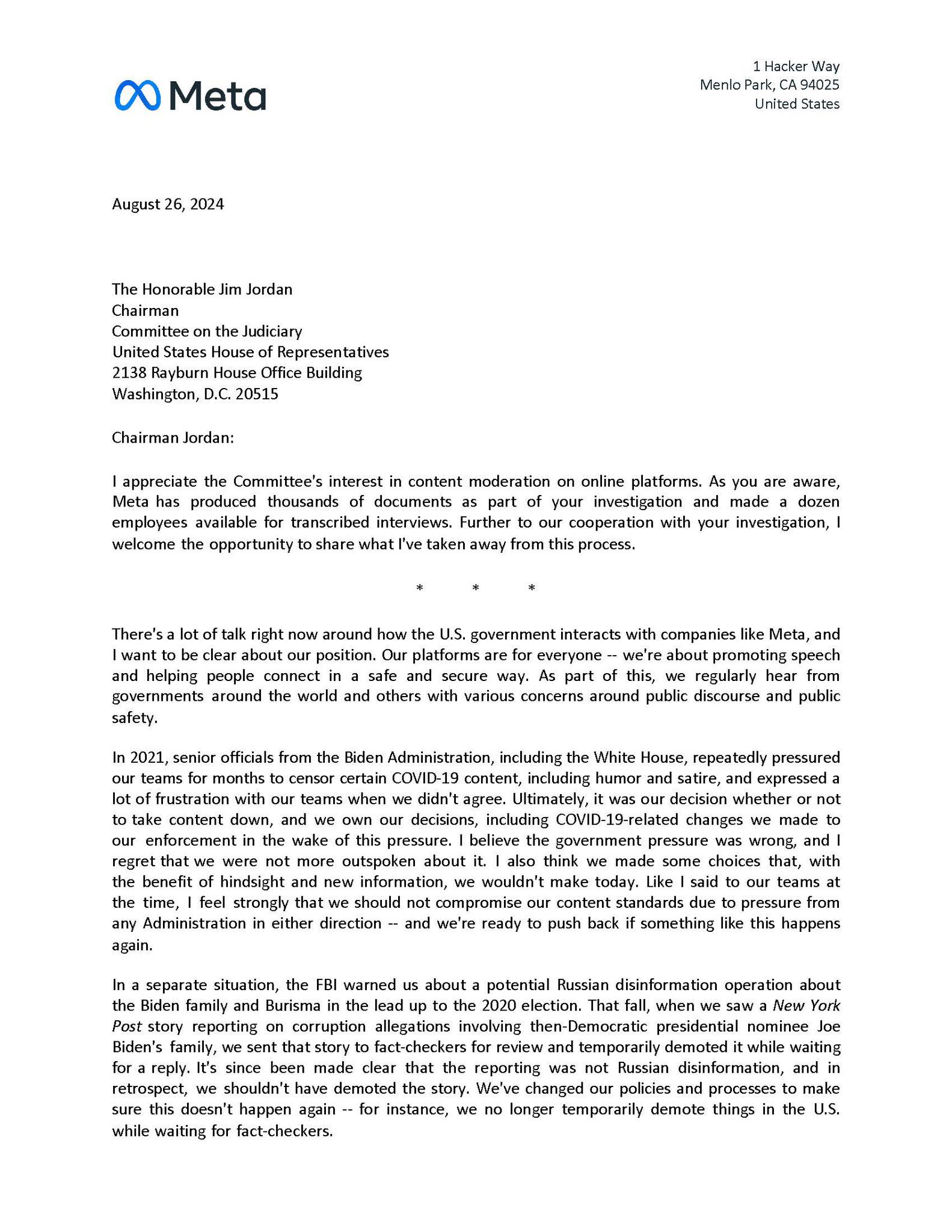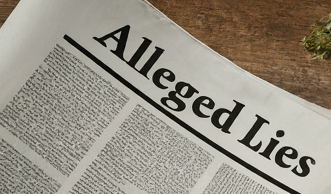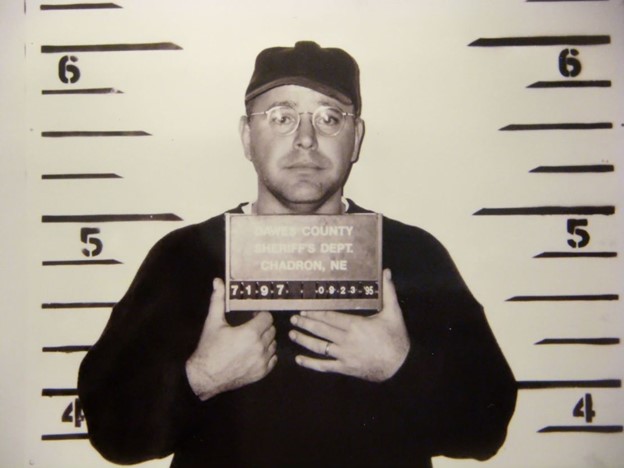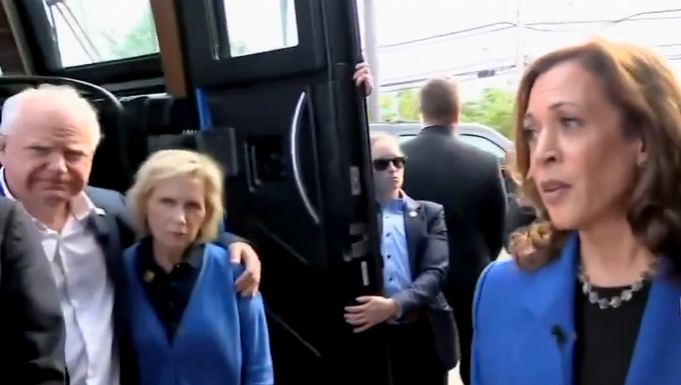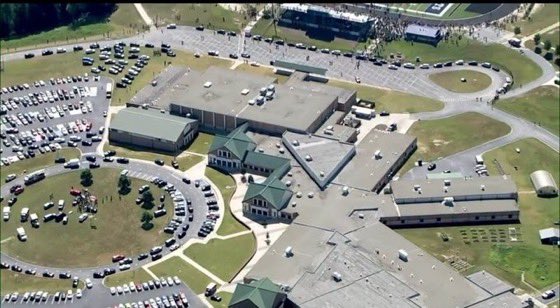(And Why It’s a Moot Point)
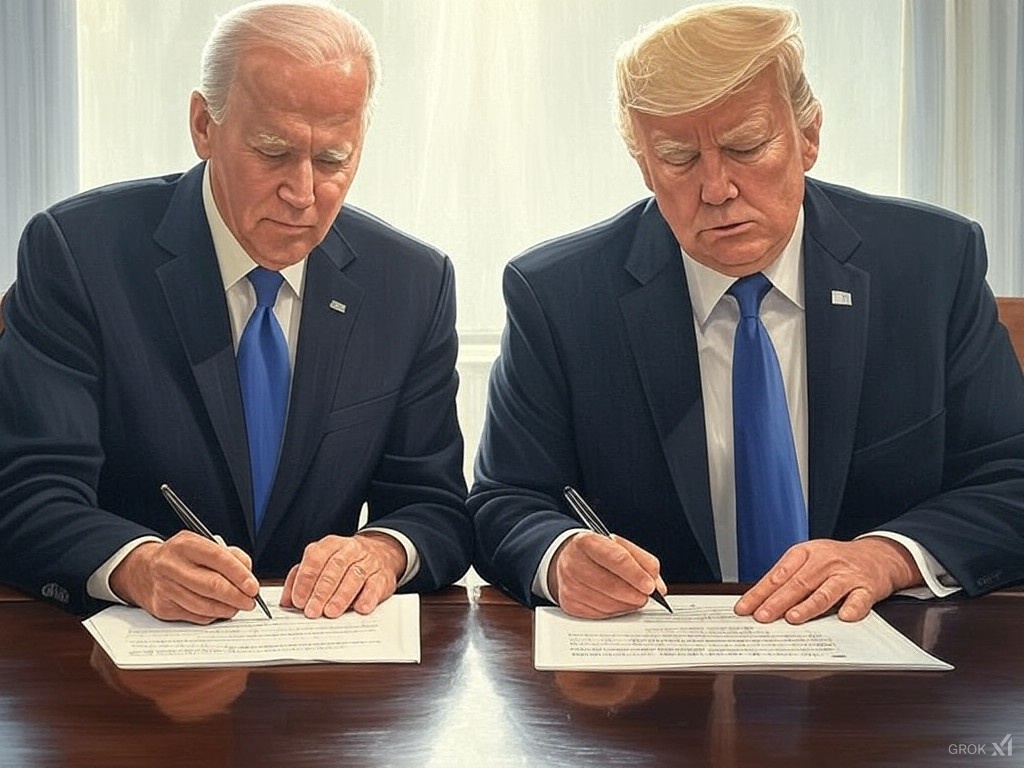
In December of 2024, just a few weeks before Trump took office, the Biden Administration informed America’s J6 defendants that if they accepted a presidential pardon from Trump for the accusations against them, it would be considered a “confession of guilt.”
Federal prosecutors argued to U.S District Judge Carl Nichols that such pardons would not stop a conviction, but “quite the opposite.” Instead, Biden’s DOJ insisted that accepting pardons pretty much proved their guilt in the case.
Fast forward just a few weeks, and the Biden administration seems to have a completely different take on pardons, guilt, and what it all means. In fact, Biden was quick to issue quite a few broad, lenient pardons to many on his way out of the White House door.
Included in those last-minute pardons were Biden’s siblings along with their spouses, announced in the last 20 minutes of his presidency. President Trump had already been sworn in, according to the New York Times. Biden also issued preemptive pardons for Dr. Anthony Fauci, General Milley, Liz Cheney, and members and staff of the J6 committee that had spent a year and a half investigating Trump.
Those preemptive pardons left many asking whether it is legal for a president to pardon someone who hasn’t even been charged with a crime. According to the US Department of Justice, he can – and it isn’t the first time.
President Gerald Ford pardoned President Richard Nixon preemptively after Watergate. President Jimmy Carter pardoned those who may be accused of dodging the draft during Vietnam, and President George H.W. Bush pardoned Casper Weinberger.
It seems that one of the few limitations placed on presidential pardons is that he cannot pardon someone accused of a state crime. He also cannot pardon himself to avoid impeachment and removal from office. But with all that pardoning power, does accepting a president’s mercy equal an admission of guilt?
The Biden DOJ seemed to think that it did when the accused were allies of Trump, yet Biden leads the pack with over eight thousand pardons under his belt. He also shortened the sentences of almost 2500 prisoners who were serving time for drug offenses and freed almost 1500 who were on house arrest. Thirty-seven who were on death row had their sentences commuted by Biden. Are they all guilty if they accepted his “mercy?”
On January 20th, before Donald Trump was sworn in as president, conservative commentator Dinesh D’Souza posted the Biden DOJ’s stance on accepting pardons as admitting guilt to his X account and asked, “What does this say about Fauci, Milley, Liz Cheney, and the rest?” Posting the same on Instagram, D’Souza added, “Guilty, on all accounts.”
While Biden can certainly be accused of excessive use of the privilege on his way out, Trump likely went through several ink pens himself signing pardons on his way in. Along with others, the current president pardoned as many as 1500 American citizens who had been held as political prisoners in DC for the last 4 years. Are they guilty also for accepting their pardons?
The Straits Times calls the presidential pardon one of “the most absolute and misunderstood provisions of the Constitution,” and adds that its power “has become as polarizing as the men using it.” Despite fears to the contrary, a presidential pardon cannot violate other provisions of the US Constitution. If it is found to do so, it is invalidated.
It would seem that this fact alone opens the door for exceptions to the power of the pardon. However, no court can overturn the presidential pardon. Neither can Congress. In fact, there is only one way to undo a pardon; if the paperwork has not yet been delivered and the pardon accepted, then a sitting president can revoke it.
Bush revoked his own pardon of Isaac Toussie in 2008. Ulysses S Grant revoked pardons issued by his predecessor, Andrew Jackson in 1869. But there are few limits to a president’s pardoning power, and even fewer ways to revoke it.
A president can pardon people who have not even been accused of a crime yet, but not for a crime that has not been committed. However, he can issue pardons without even naming the crime he is pardoning for. For example, he could pardon John Doe for “any and all crimes committed for the last decade.”
Pardons can also be given without even identifying the person or persons being pardoned. President Carter’s pardoning of “all draft dodgers” is one example. While some recipients go through a procedural process than can take as much as five years, others are simply done at the whim of the president.
As Dan Urman, Northeastern University’s director of the law and public policy minor explains, “The pardon power happens to be one of those presidential powers that is basically unreviewable.” He insists that the pardon is “inherently political,” and adds that “there’s so little that the other branches can do.”
Urman feels that Biden and Trump have used their pardoning powers a bit more than “the norm.” He explains that Biden may have opened the door to a new precedent in pardoning family members while Trump’s J6 pardons were also “quite remarkable.”
Urman suggests that the J6 pardons “undermine the rule of law” because it took away consequences for the crimes that they’d been accused of. His view fails to point out that the same is true of anyone who has accepted a presidential pardon – from either party.
Back in 2021, the overwhelming power of the presidential pardon led some lawmakers to argue for tightening the reins a bit. Congressman Steve Cohen recently reintroduced an amendment that would limit the president’s ability to pardon.
Though there are many on both sides of the fence who would agree with limitations being made on pardons, Urman points out that it is unlikely that a veto-proof majority would ever be reached. Ironically, even if they did manage to pass such a bill, they would need the sitting president to sign it into law and that isn’t likely to happen.
In the 20th century alone, there have been over 45,000 actions of clemency from the executive branch. The practice began with George Washington’s pardon of the Whiskey Rebellion members in Pennsylvania in 1795.
Since then, many presidents have issued pardons for various reasons. These pardons cannot be revoked or overturned. There is currently no governing force that can refuse a president’s pardon. A president can issue pardons for federal crimes for basically anyone he wants to. The only thing the pardoned wouldn’t be protected from is state charges.
So, in truth, the argument over whether accepting a pardon proves guilt is moot. Even if accepting a pardon from the president does insinuate guilt on the pardoned’s behalf, it doesn’t matter. No one can revoke that pardon once it is accepted – even if guilt has been proven beyond the shadow of a doubt.
The only way the pardoned could be punished would be if the president revoked the pardon before it was accepted, or if the recipient refused to accept the pardon. For those pardons which have been issued and accepted, guilt is irrelevant. Not even the president who issued them can revoke them, even if new information came to light.
That’s the power of the presidential pardon.

